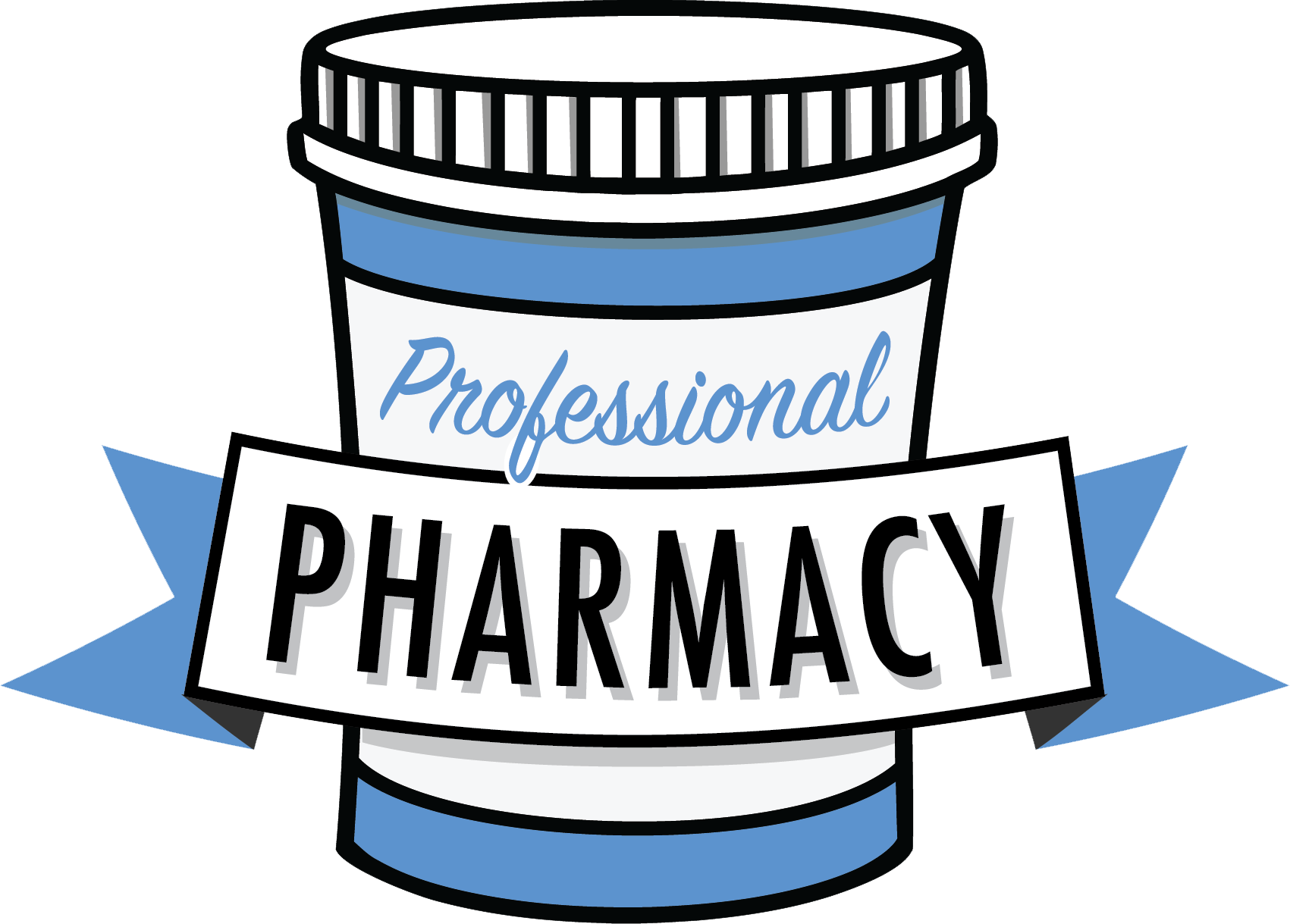Travel Vaccines

Are you in need of immunizations for your upcoming trip?
Plan and schedule your travel vaccines with Professional Pharmacy
Professional Pharmacy offers immunizations for international travel. International travel increases your chances of getting and spreading rare diseases that are not found in the United States. We have trained pharmacists that will ensure that you have the vaccinations (both recommended and required) for your upcoming trip. Call Professional Pharmacy to find out which travel vaccines you may need to help you stay healthy on your trip.
Are you also up to date on your routine vaccines? Routine vaccinations help you protect from many diseases which are common in other countries as well. Our pharmacists can help you with that as well!
Schedule Your Travel Vaccines Now
Typhoid
Typhoid can cause severe or life-threatening bacteremic illnesses called typhoid fever/paratyphoid fever/enteric fever. It is transmitted only by humans through consumption of water or food contaminated by feces of an acutely infected or convalescent person, or a person with chronic, asymptomatic carriage. It is recommended to get the typhoid vaccine for travelers going to areas where the risk for exposure to Typhi is recognized.
Endemicity: Africa, Latin America, Asia (greatest risk in South Asia)
Infectious agent: Salmonella enterica serotypes Paratyphi A, B, C, Bacteria
Hepatitis A and Hepatitis B
Professional Pharmacy offers vaccines for Hepatitis A, Hepatitis B, and a combination of both Hepatitis A & Hepatitis B. Plan to get your Hepatitis vaccines before 6 months of travel. Call the pharmacy if you are traveling within 6 months to find out about more options.
Hepatitis A virus is found in the stool and blood of infected people. You can be infected with Hepatitis A from sex, food or drink beverages, or objects contaminated with the Hepatitis A virus. Symptoms like fever, fatigue, loss of appetite, nausea, vomiting, abdominal pain, dark urine, diarrhea, clay-colored bowel movements, joint pain, and yellowing of the skin and eyes (jaundice) may appear quickly. It can cause liver disease and death in rare cases.
Endemicity: Worldwide, more common in rural areas, or settings of poor sanitation
Infectious agent: Hepatitis A virus
Hepatitis B virus is found in the blood and body fluids of infected people. You can be infected with Hepatitis B from sex, sharing needles, syringes, personal care items, or equipment with an infected person. It may start with fever, fatigue, loss of appetite, nausea, vomiting, abdominal pain, dark urine, clay-colored bowel movements, joint pain, and jaundice and can lead to chronic infection or can cause early death from liver disease and liver cancer.
Endemicity: Worldwide, more common in Asia, Africa, South America, Caribbean
Infectious agent: Hepatitis B virus
Tdap (Tetanus, Diphtheria, Pertussis)
Tetanus is transmitted via direct contamination of open wounds and non-intact skin. It causes painful stiffening of the muscles and can lead to serious health problems or death. Travelers should be up to date on Tdap vaccinations before travel. Adults should receive a booster dose of either Tdap or Td every 10 years, or after 5 years if there is a severe or dirty wound/burn.
Endemicity: Worldwide
Infectious agent: Clostridium tetani germinate into toxin-producing bacteria when they enter the body under specific conditions.
Diphtheria can lead to difficulty breathing, heart failure, paralysis, or death. It spreads from person to person.
Infectious agent: Corynebacterium diphtheriae bacteria
Pertussis occurs from person to person via respiratory droplets or direct contact with respiratory secretions. It can cause uncontrollable, violent coughing that makes it hard to breathe, eat/drink. It can be extremely serious in young children, causing pneumonia, convulsions, brain damage, or death.
Infectious agent: Bordetella pertussis bacteria
Rabies
Rabies is a deadly disease caused by a bite or scratch by a rabid animal (dogs/puppies, raccoons, skunks, bats, foxes). Vaccination and medicine after rabies exposure are not available everywhere in the world. Protect yourself from Rabies by getting a pre-travel Rabies vaccine and avoiding animals when traveling.
Endemicity: Worldwide, Rabid dogs more common in Africa, Asia, parts of Central/South America
Infectious agent: Virus
Meningococcal disease
Meningococcal spreads through respiratory secretions via close contact for transmission. Meningococcal disease occurs 1–10 days after exposure and presents as meningitis. Meningococcal disease progresses rapidly and can be deadly even with antimicrobial drug treatment. Meningococcal meningitis is characterized by the sudden onset of headache, fever, and neck stiffness, maybe with nausea, vomiting, photophobia, or altered mental status.
Endemicity: Worldwide, the greatest incidence in the meningitis belt of sub-Saharan Africa
Infectious agent: Neisseria meningitidis bacteria
MMR (Measles, Mumps, Rubella)
MMR vaccine protects against three diseases, Measles, Mumps, and Rubella.
Endemicity: Worldwide
Infectious agent: Virus
Measles is a very contagious disease that spreads through the air when an infected person coughs or sneezes. It starts with a fever, cough, runny nose, and red eyes leading to a rash, spreading from the head to the rest of the body. MMR vaccine prevents measles-related complications and death.
Did you know that the measles virus can even stay in the air for up to 2 hours after an infected person was there?
Mumps is a contagious disease that can start with mild symptoms of fever, headache, muscle aches, tiredness, loss of appetite, swelling of the salivary glands/jaw, or having puffy cheeks, and can lead to serious, long-lasting problems including swelling of the reproductive organs, swelling of the brain, hearing loss, and can also be deadly in rare case.
Rubella virus is a contagious disease with mild illness of low-grade fever, sore throat, and rash.
Yellow Fever
Yellow fever is a serious disease caused by the yellow fever virus which has major symptoms like fever, chills, headache, backache, and muscle aches 3–6 days after infection and it can develop into a serious illness like jaundice, bleeding, shock, organ failure or death. Plan to get your yellow fever vaccine at least 10 days before your travel.
It is spread by mosquitoes. Do not forget to prevent yourselves from mosquito bites even after vaccination. Use Environment Protection Agency (EPA) registered insect repellents containing one of the active ingredients DEET, Picaridin, IR3535, Oil of lemon eucalyptus (OLE), Para-menthane-diol (PMD) or 2-undecanoate.
Endemicity: Certain parts of South America and Africa
Infectious agent: Yellow fever virus
